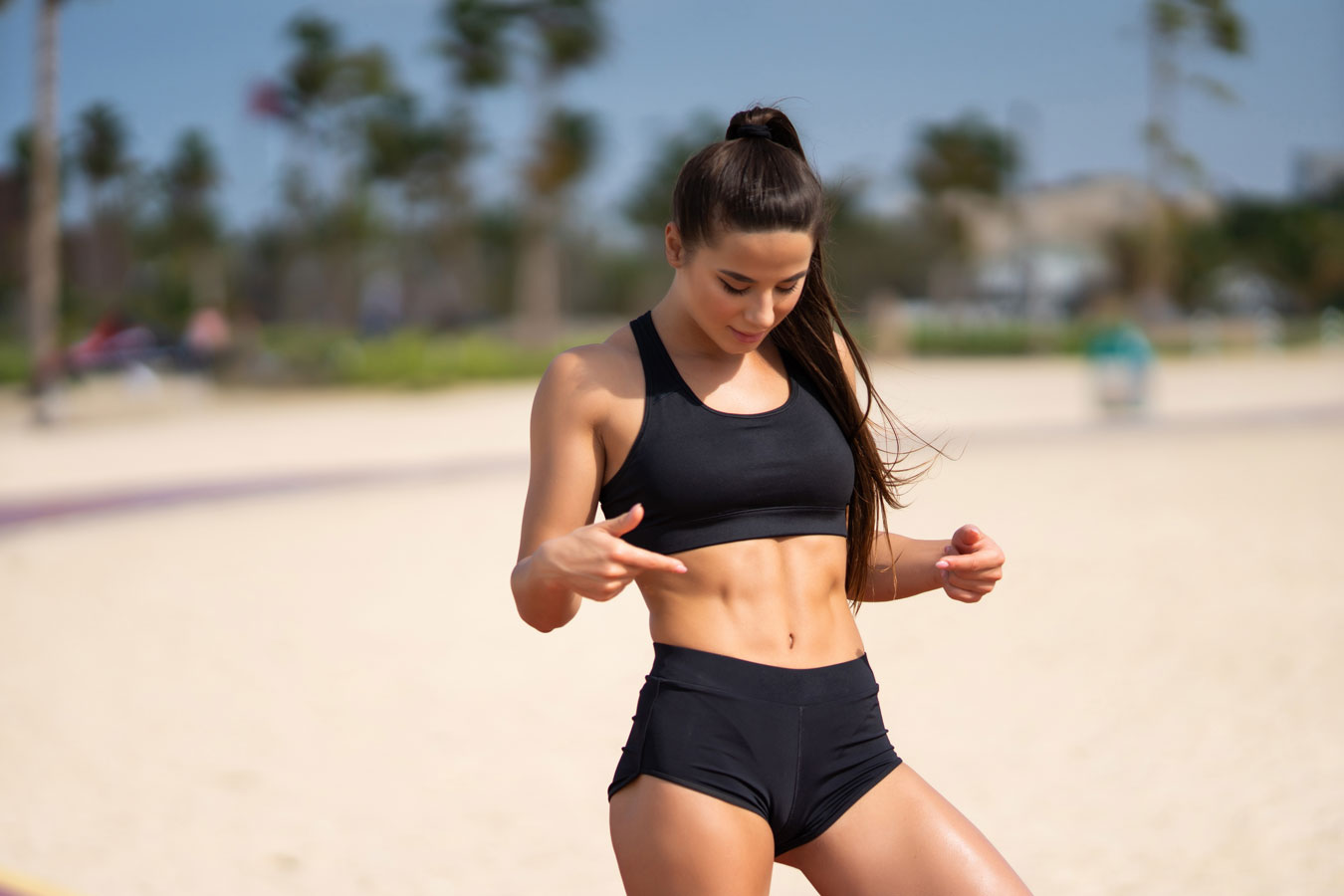Summer is the perfect time to focus on weight loss and achieving our fitness goals. With warmer weather and longer days, many people are motivated to exercise regularly outdoors. However, the heat can pose challenges when training safely and effectively. Luckily, there is one drink that can help boost fat burning and enhance exercise performance: caffeine.
The Impact of Caffeine on Exercise Performance
Numerous studies have demonstrated the positive effects of caffeine on exercise performance. Dr. Neil Clarke, Course Director for MSc. Sports and Exercise Nutrition at Coventry University states that caffeine ingestion consistently improves endurance, high-intensity and resistance exercise, and even intermittent sports like football and tennis. It has also enhanced cognitive function, including attention and vigilance1.
Furthermore, caffeine has been recognized by the International Olympic Committee (IOC) as one of the dietary supplements with strong evidence of improving exercise capacity and performance. Its benefits are not limited to trained individuals or habitual caffeine consumers; caffeine can benefit anyone, regardless of their training status or usual caffeine intake2.
Caffeine and Fat Burning
One of the key reasons why caffeine is highly regarded in the fitness community is its ability to boost fat burning. When we exercise, our muscles primarily rely on carbohydrates for fuel. However, caffeine prompts the body to tap into fat stores instead, increasing fat utilization during workouts. This can be particularly beneficial for individuals aiming to lose weight.
A recent study published in the Journal of the International Society of Sports Nutrition found that consuming caffeine half an hour before aerobic exercise can increase fat burning. The researchers observed that caffeine intake before exercise reduced weight, body mass index (BMI), and fat mass. In fact, for every doubling in caffeine intake, there was a corresponding 22% increase in weight reduction, a 17% increase in BMI reduction, and a 28% increase in fat mass reduction3.
Caffeine and Hydration
There is a common misconception that caffeine can lead to dehydration. However, recent data suggest that moderate coffee consumption, which contains caffeine, can contribute to our daily fluid requirement without negatively impacting fluid balance. A 2016 study comparing the hydration potential of coffee and plain water found no significant difference in urine output between the two beverages. This indicates that coffee can be just as hydrating as water, even in a dehydrated state4.
The Importance of a Balanced Approach
Instead of relying solely on caffeine or energy drinks for weight loss, adopting a holistic and balanced approach is essential. Here are some key strategies that can help you achieve your weight loss goals this summer:
Create a Caloric Deficit: Weight loss occurs when you consume fewer calories than you burn. Focus on creating a moderate calorie deficit of about 200-500 calories per day through diet and exercise.
Opt for Nutrient-Dense Foods: Instead of relying on energy drinks or supplements, prioritize whole, nutrient-dense foods. These foods provide sustained energy and essential nutrients, supporting overall health and weight loss efforts5.
Engage in Regular Exercise: Combine cardiovascular exercise with strength training to maximize fat burning and improve overall fitness. Aim for at least 150 minutes of moderate-intensity aerobic activity per week and two or more strength training sessions.
Prioritize Sleep and Rest: Sufficient sleep is crucial for weight management and overall well-being. Aim for 7-9 hours of quality sleep each night and incorporate rest days into your exercise routine to allow your body to recover.
Stay Hydrated: Proper hydration is essential for optimal exercise performance and overall health. Drink water throughout the day and consider incorporating caffeine-free beverages like herbal tea and infused water for variety.
Seek Professional Guidance:
Consult a registered dietitian or healthcare professional if you’re struggling with weight loss or have specific health concerns. They can provide personalized guidance and support tailored to your individual needs6.
Remember, there is no magic solution for weight loss. While caffeine can provide some benefits, it should be part of a comprehensive approach that includes a balanced diet, regular exercise, and overall healthy lifestyle choices.
Caffeine has been shown to enhance exercise performance, boost fat burning, and provide numerous benefits for individuals aiming to lose weight. However, it’s important to approach caffeine consumption carefully and consistently. Focus on a holistic approach to weight loss that combines proper nutrition, regular exercise, sufficient rest, and hydration. By incorporating these strategies, you can maximize caffeine’s potential benefits while promoting overall health and well-being.
Contact your sales rep. or email us at sales@vitajoyusa.com to take advantage of special pricing.
**These statements have not been evaluated by the FDA. This product is not intended to diagnose, treat, cure, or prevent any disease.
References:
- 17 Facts About Caffeine and Weight Loss, Sleep, and More, https://www.thehealthy.com/weight-loss/caffeine/.
- The Effects of Caffeine Intake On Weight Loss, https://pubmed.ncbi.nlm.nih.gov/30335479/.
- How does Caffeine Affect Weight? https://www.healthline.com/nutrition/coffee-and-weight-gain.
- 5 Things To Know About Caffeine And Weight Loss, https://paleoleap.com/5-things-about-caffeine-weight-loss/.
- Four Cups of Coffee A Day Associated With Modest Loss Of Body Fat, https://www.hsph.harvard.edu/news/hsph-in-the-news/four-cups-of-coffee-modest-loss-of-body-fat/.
- How To Lose Weight Safely, https://www.nhsinform.scot/healthy-living/food-and-nutrition/healthy-eating-and-weight-loss/how-to-lose-weight-safely.
